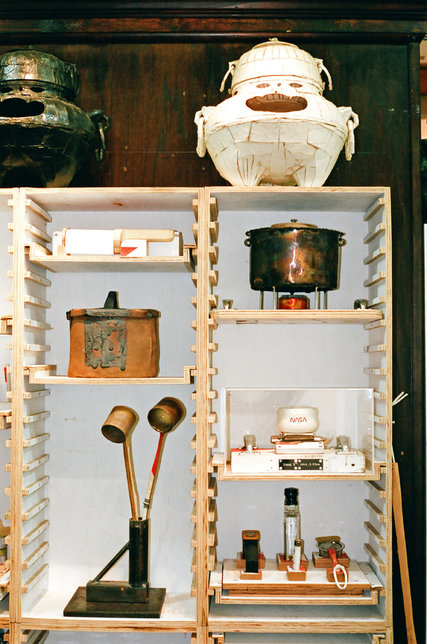art of charm
9/29/16
mhx2 documentation that works
20 Effective Exercise Combinations
Web player: : http://podplayer.net/#/?id=
Episode: http://feedproxy.google.com/~
Internet pioneer Kevin Kelly tries to predict the future by identifying what’s truly inevitable. How worried should we be? Yes, robots will probably take your job — but the future will still be pretty great.
Home on Lagrange — 99% invisible
Web player: : http://podplayer.net/#/?id=
Episode: http://feeds.
In 1968, an Italian industrialist and a Scottish scientist started a club to address what they considered to be humankind’s greatest problems—issues like pollution, resource scarcity, and overpopulation. Meeting in Rome, Italy, the group came to be known as the Club of Rome and it grew to include politicians, scientists, economists and business leaders from around the world. Together with a group of MIT researchers doing computer modeling, The Club of Rome concluded that sometime in the 21st century, earth would reach its carrying capacity—that resources would not keep up with population—and there would be a massive collapse of global society. In 1972, the Club of Rome published a book outlining their findings called The Limits to Growth. The book became a bestseller and was translated into more than two dozen languages. It had its critics and detractors, but overall The Limits to Growth was incredibly influential, shaping environmental politics and pop culture for years to come. There was a growing sense that limits would need to be put in place in order to regulate populations and economic growth. But in the midst of the debate, a physicist named
 suggested a solution—one that would ask us to look beyond planet earth and into outer space. Home on Lagrange
suggested a solution—one that would ask us to look beyond planet earth and into outer space. Home on Lagrange
threedscans
crashing-porcelain-figurines
http://www.mymodernmet.com/profiles/blogs/martin-klimas-crashing-porcelain-figurines#.Vu1P763fecU.facebook
http://www.cnbc.com/2016/03/16/could-you-fall-in-love-with-this-robot.html
https://youtu.be/uenrts2YHdI


